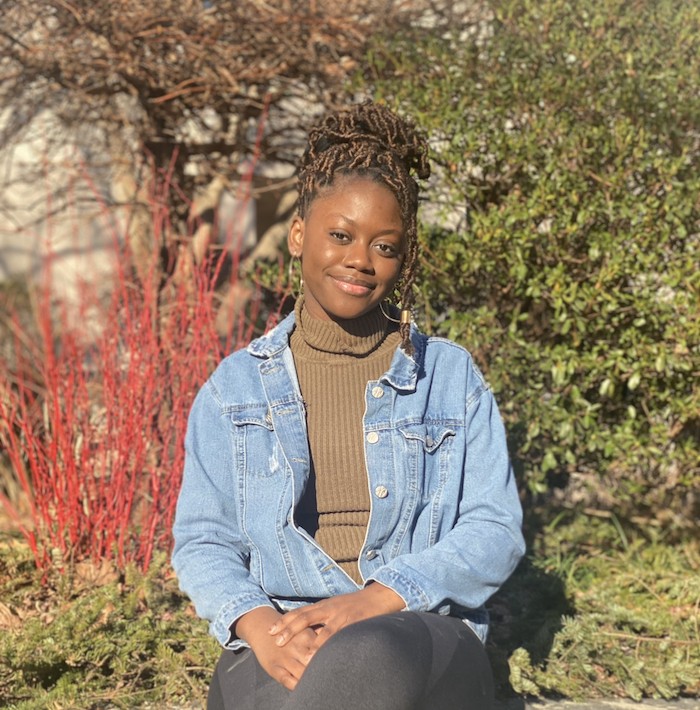How did the idea for this come about?
I knew some friends who did the Racial Justice Mini-Grant during the first year, and I thought their projects were really cool.
This conference is something that I've been wanting to do for a while. I just needed money, structure, and guidance. I’ve been involved with conferences, but it’s so much harder when you’re the one organizing it.
I didn't really know what [the conference] would look like. I didn't know what to focus on, exactly. But I homed in on the academic and research aspect. I love to highlight that on my page, when I create content and connect to what people are feeling and root it into something concrete they can reference when they're having debates or conversations.
Why did you create “The Darkest Hue”? What was your goal with it?
I created it because in the summer of 2020 there were just so many things happening around the country in terms of anti-Blackness. These very highly sensationalized displays of anti-Blackness, whether it was police brutality or some other highly publicized, televised form of anti-Blackness. And I noticed how Black women would always start organizing and rally behind Black men in particular.
But I always felt like Black women were sort of never really given their props or recognition, or that support was never really reciprocated. Then I started thinking about my own experiences growing up. Particularly as a dark-skinned Black girl and just the many ways I feel like because of how I look, and how dark my skin is, people, even Black people, have discounted me or haven't always felt an urgency to advocate on my behalf.
I started having conversations with my friends, and then I decided to make a platform that I knew I would have really benefited from and needed when I was younger. I was tired of waiting for a platform to be made that would cater to my specific needs. So I decided to make it.

